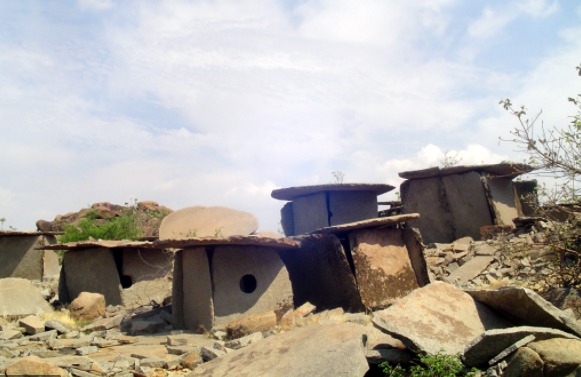6 Indian Heritage Sites added to UNESCO Tentative List
6 UNESCO heritage sites from India shortlisted by UNESCO
TNI Bureau: Six among the nine nominations submitted by the Archaeological Survey of India to UNESCO have been accepted for inclusion in the tentative list. This is a necessity before a site can be nominated, according to Cultural and Tourism Minister, Prahlad Singh Patel.
Only the nations that have signed the World Heritage Convention, are eligible to submit nominations for sites on their territory. These sites are taken into consideration for UNESCO’s World Heritage List. The Tentative List is a list of properties that each State Party plans to propose for nomination.
According to the UNESCO World Heritage Centre, six entries were further added to the list on April 13th. These entries bring the total number of proposals from India to 48. The final nomination for a site might be presented after the proposal had been on the tentative list for a year, according to a Ministry official, so that the time is utilized to compile the dossier.
Serial nomination of Maratha military architecture in Maharashtra, Hire Benkal megalithic site in Karnataka, Bhedaghat-Lametaghat in Narmada Valley, Satpura Tiger Reserve in Madhya Pradesh, riverfronts in Varanasi, and temples of Kanchipuram in Tamil Nadu are the six sites that were part of the recent proposal submitted.
Support Independent Journalism? Keep us live.
The megalithic site of Hire Benkal (or Hirebenakal) is in the Indian state of Karnataka. It is one of few Indian megalithic ruins dating from 800 BCE to 200 BCE that is 10 km (6.2 miles) west of Gangavati town 35 km (22 miles) west of Hospet city.
Bhedaghat in Madhya Pradesh known for its spectacular marble rocks that are 100 feet high. They are positioned on either side of the Narmada River. Satpura Tiger Reserve also known as Satpura National Park, is located in Hoshangabad District in Madhya Pradesh, India. The name comes from the Satpura mountain range. Satpura National Park, together with the nearby wildlife sanctuaries of Bori and Pachmarhi, covers 2,200 sq km (850 sq miles) of the rare central Indian highland habitat.
Varanasi’s ghats are riverfront stairs that head to the banks of the Ganges. There are 88 ghats in the city. The majority of the ghats are being utilized for bathing and puja ceremonies. Two ghats, Manikarnika and Harishchandra, are used for cremation.
Kanchipuram, in the south Indian state of Tamil Nadu, is regarded as one of India’s holiest locations after Varanasi. Due to a large number of temples, it is also known as the City of Thousand Temples.


Comments are closed.